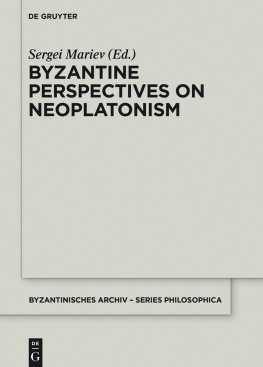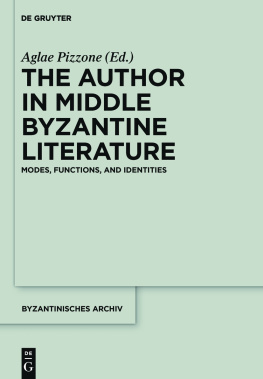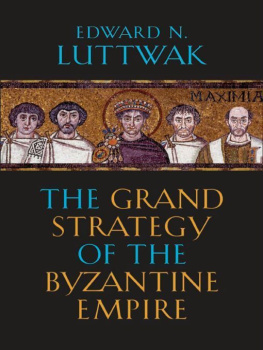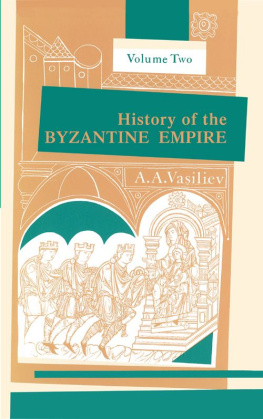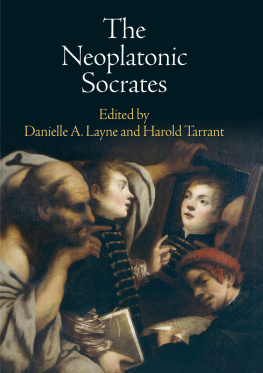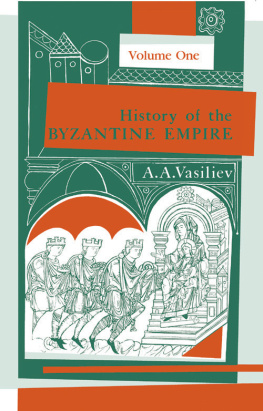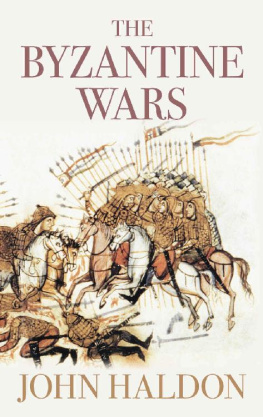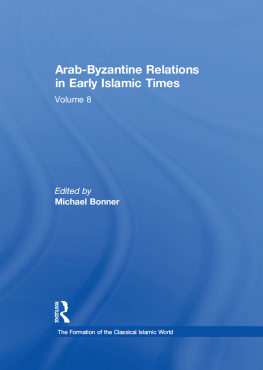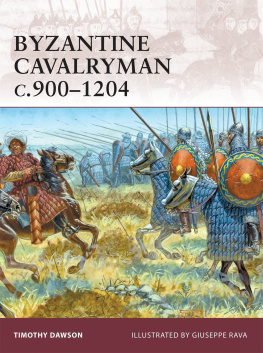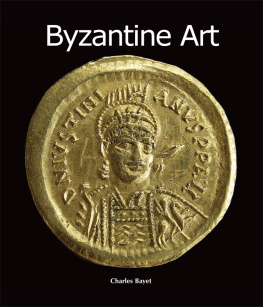Contents
Guide

Byzantine Perspectives on Neoplatonism
Byzantinisches Archiv Series Philosophica

Herausgegeben von
Sergei Mariev
Wissenschaftlicher Beirat:
John Demetracopoulos, Jozef Matula,
John Monfasani, Inmaculada Prez Martn,
Brigitte Tambrun-Krasker
Band 1
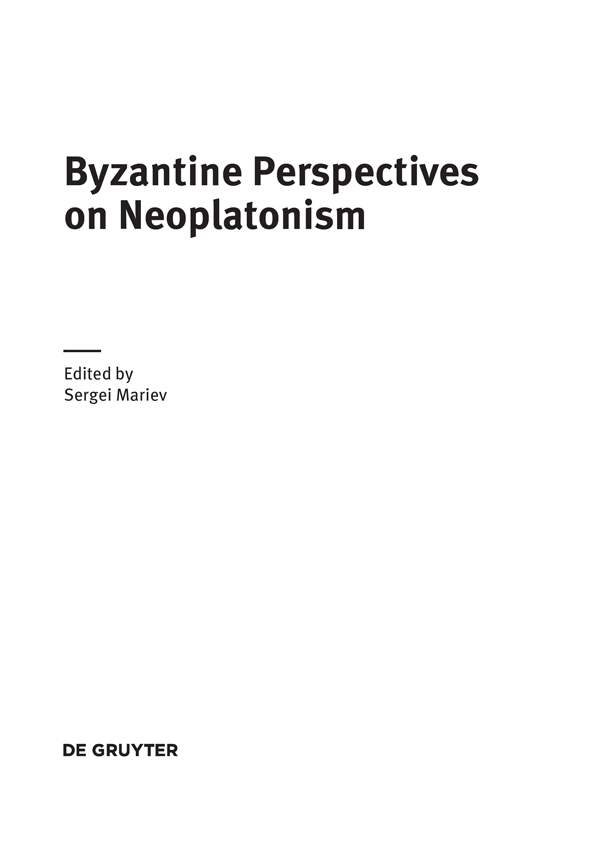
ISBN 978-1-5015-1167-7
e-ISBN (PDF) 978-1-5015-0359-7
e-ISBN (EPUB) 978-1-5015-0363-4
ISSN 1864-9785
Library of Congress Cataloging-in-Publication Data
A CIP catalog record for this book has been applied for at the Library of Congress.
Bibliographic information published by the Deutsche Nationalbibliothek
The Deutsche Nationalbibliothek lists this publication in the Deutsche Nationalbibliografie; detailed bibliographic data are available in the Internet at http://dnb.dnb.de.
2017 Walter de Gruyter Inc., Boston/Berlin
www.degruyter.com
Acknowledgements
This book is the first volume of the new series Byzantinisches Archiv Series Philosophica. The aim of this series is to publish conference proceedings, monographs and critical editions within the rapidly growing field of research into the history of Byzantine philosophy.
In the first place, I would like to thank Prof. Dr. Albrecht Berger, the director of the series Byzantinisches Archiv, for his openness towards the project of establishing Byzantinisches Archiv Series Philosophica.
The present volume contains a selection of papers that were read at the panel Byzantine Perspectives on Neoplatonism during the 11th annual Conference of the International Society for Neoplatonic Studies held in Cardiff in June 2013 and at the panel Neoplatonism and Christianity in Byzantium: Dialogue, Appropriation, Refutation during the 12th annual Conference of the International Society for Neoplatonic Studies held in Lisbon in June 2014. I am grateful to John F. Finamore, Josef Lssl, Filipa Afonso and all the other organizers of both conferences for including these panels in their programmes and for all the assistance and support I enjoyed in the process of organizing and conducting these two events.
I owe a debt of gratitude to the members of the editorial board of the new series, John Demetracopoulos, Jozef Matula, John Monfasani, Inmaculada Prez Martn and Brigitte Tambrun-Krasker, for accepting my invitation to join the editorial board of the new series and generously taking upon themselves yet another responsibility in addition to their own scholarly work and the multiple research projects in which they are already involved. Special thanks are due to the anonymous peer-reviewers whose comments and suggestions have significantly improved the contributions presented in this volume.
I am greatly indebted to Dr. Philip Rance for his scholarly expertise, exactness and extraordinary effort in correcting several contributions in this volume. Last but not least, I would like to thank John Whitley and Florian Ruppenstein of de Gruyter Publishing for their efficient support.
Munich, January 2017
Sergei Mariev
Sergei Mariev
Neoplatonic Philosophy in Byzantium
An Introduction
Unresolved tension between Platonic heritage and Christian doctrine is one of the hallmarks of the history of Byzantine philosophy. On the one hand, Byzantine scholars from all periods showed significant interest in the doctrines of Plato and the Platonists. On the other hand, many of them perceived these doctrines as a source of error and even as the root of all heresies. In consequence, they frequently made attempts to harmonize Neoplatonic doctrines with Christianity, but also criticized, refuted and even condemned them. These attempts at harmonization, criticism, refutation and condemnation with regard to Neoplatonic texts and authors constitute a fascinating chapter in the history of Byzantine civilization. The following pages do not pretend to offer an exhaustive overview of the history of the reception of Neoplatonic philosophy in Byzantium. The objective is to sketch a general map of this vast territory, which is still being discovered by modern scholarship, by identifying the most important figures and texts that can be seen as boundaries and milestones. The individual contributions collected in this volume will then provide a more detailed account of some specific episodes and figures on this map, and thereby continue this ongoing process of discovery.
The end of the 5th century is the most probable date for the historically enigmatic figure of Ps. - Dionysios the Areopagite, thus initiating the rich history of reception of this author in the Latin World.
In contrast to Ps.-Dionysios, the Gazan Christians,
John Philoponos (ca. 490575), himself a student of the Neoplatonic philosopher Ammonios Hermeiou (ca. 435517), wrote a large number of works on different subjects, including commentaries on Aristotle and medical, astronomical and grammatical treatises.
The composition of De aeternitate mundi contra Proclum is not the only milestone in the rich history of the reception of Neoplatonic philosophy during the 6th century. Writing around 540, John, who was the bishop of Scythopolis in Palestine, became one of the first Byzantine scholars to write a commentary on the works of Ps.-Dionysios the Areopagite. His scholia, or marginal commentaries, containing theological and philosophical observations on Ps.-Dionysios text, enhance our understanding of the ways in which Byzantine theologians received the ideas of Proklos through the mediation of Ps.-Dionysios.
Maximos Homologetes or Confessor (580662) was certainly one of the most outstanding intellectual figures of the 7th century. He was a prolific author whose theological works were widely read throughout the entire Byzantine period. The authority he wielded and the reverential awe with which his writings were read can be compared only to the renown that Ps.-Dionysios enjoyed during the Middle Ages in the West. Maximos voluminous writings, for many of which there are still no reliable modern critical editions, amount to as von Balthasar aptly characterized them a monumental synthesis of the theological and philosophical traditions
John of Damaskos (ca. 650 after 754) was born to an influential Arabo-Christian family, the Mansur, whose members had held important posts in the financial administration under the Umayyad dynasty. He lived his entire life outside the political boundaries of the Byzantine empire, but, as a Christian, took an active part in the religious and intellectual life of Byzantium. The first half of the 7th century was a turbulent period in Byzantine history. Arab invasions, the constant Bulgarian menace, internal political disruptions such as the revolt of Artabasdos, and, most importantly, the first phase of the conflict over the veneration of images (ca. 726 787) were some of the events that dominated the political and religious life of Byzantium. It is difficult to determine with precision which of his works were known in Byzantium during his lifetime. That his name was indeed well-known within the boundaries of the empire during this period is beyond any doubt. As a defender of veneration of religious images he was anathematized by the iconoclast Council of Hiereia in 754. The fact that an ecclesiastical council convened by the Emperor Constantine V directed this highest form of ecclesiastical censure at him can be taken as a reliable indication that at least some of his writings were not only read but also exercised significant influence during the time leading up to the council. John of Damaskos was certainly

